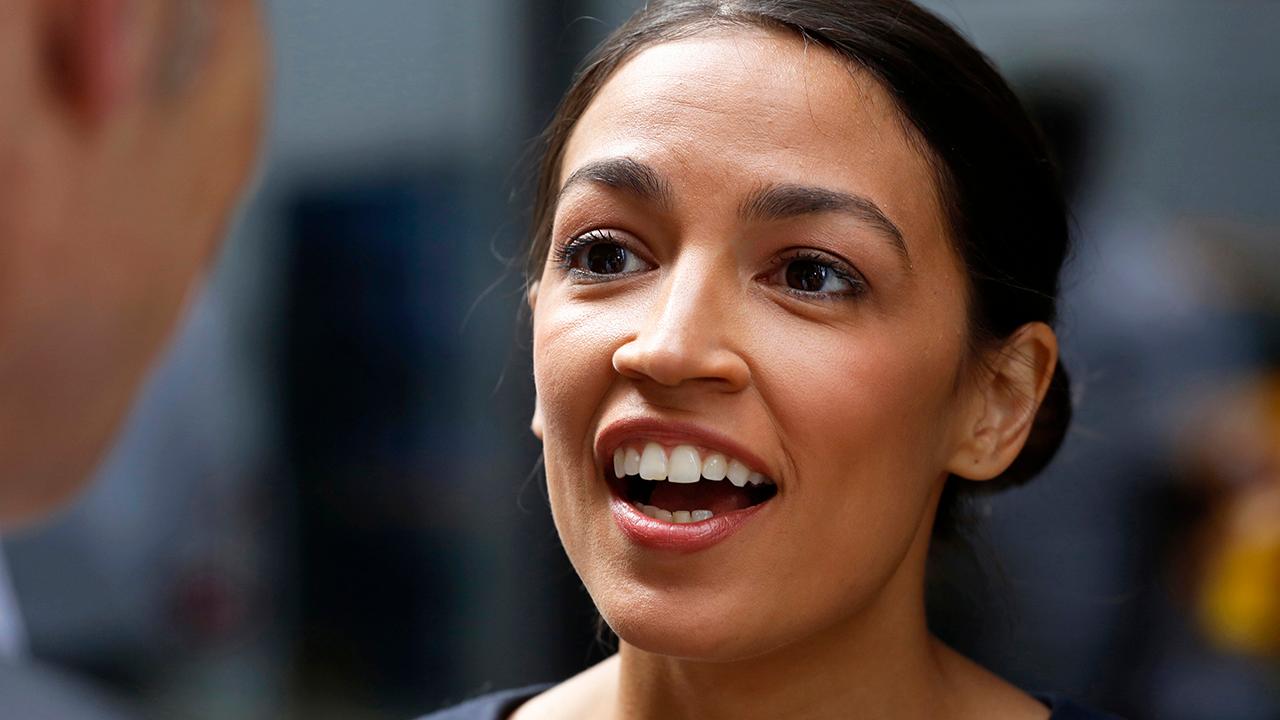Ocasio-Cortez vs. Wall Street: Her stance on economic issues
Rep. Alexandria Ocasio-Cortez, D-N.Y., announced this week she will be a member the influential House Financial Services Committee, where she joins a number of other high-profile Democrats intent on increasing oversight on Wall Street.
Democratic California Rep. Maxine Waters took over as chairwoman of the panel, saying, among other things, she wants to end the loosening of regulations imposed on the banking sector in the wake of the financial crisis.
While Ocasio-Cortez may not have as much influence on the committee as Waters and some of the more senior members right away, here’s a look at what we know about where she stands on some key economic issues:
Student loans
Ocasio-Cortez named the student loan crisis as one of the main areas she’s looking forward to focusing on as a member of the House Financial Services Committee.
Outstanding student loan debt surpassed $1.5 trillion in 2018 – second only to mortgage debt – doubling over the past decade.
The 29-year-old lawmaker has said that the cost of the Tax Cuts and Jobs Act could cover all outstanding student loan debt in the U.S.
Taxes
Like other progressive Democrats, Ocasio-Cortez might not be one to shy away from higher taxes.
She suggested paying for a green energy climate proposal by imposing a 70 percent tax on people with incomes in excess of $10 million.
Minimum wage
The progressive congresswoman made waves earlier this year after announcing she would pay her interns $15 per hour – and calling on other lawmakers to do the same.
She is not only in favor of raising the minimum wage to $15 per hour – Democrats introduced a bill this week that would gradually do so – but she is also in favor of a jobs guarantee that also offers health care and paid sick leave.
CLICK HERE TO GET THE FOX BUSINESS APP
On Wall Street
In a series of tweets posted this week, Ocasio-Cortez suggested the House Financial Services Committee tended to get attention in the past because legislators slipped “corporate-friendly legislation through” the panel.
She said activism and activists helped change that and get her appointed to the panel, a situation she described as “People vs. Money. We’ve got the people, they’ve got the money.”




















